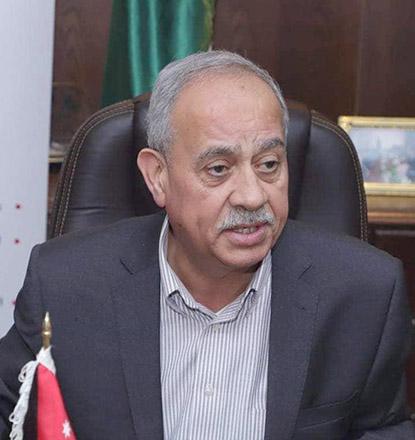You are here
‘Significant obstacles’ remain in Jordan’s human trafficking recovery programmes, paper finds
By Maria Weldali - Jul 31,2023 - Last updated at Jul 31,2023
AMMAN — Though Jordan has a strong legal framework in place to combat human trafficking, survivors continue to face a number of barriers in the recovery and reintegration process for survivors, revealed a recent paper published by Jordanian NGO Tamkeen for Legal Aid and Human Rights.
The paper, titled “Reintegrating Victims of Human Trafficking, Between Legislation and Application”, outlines Jordan’s anti-trafficking legislation, which includes provisions that guarantee trafficking survivors’ access to reintegration and rehabilitation services.
A Tamkeen statement made available to The Jordan Times stated that “despite concerted government efforts to combat” human trafficking, “there remain significant obstacles” in the prosecution of trafficking cases, trafficking prevention and in effectively delivering services to survivors.
“Current reintegration programmes are not designed to be age appropriate, and do not take the type of exploitation the survivors experienced into account,” the statement said.
The paper, which was published on July 30 in recognition of the World Day Against Trafficking in Persons provided an overview of the various mechanisms adopted by the Jordanian government to respond to human trafficking cases, and analysed the challenges hindering the country’s reintegration efforts.
In accordance with its membership in the UN Convention against Transnational Organised Crime, the Jordanian government first adopted legislation designed to combat human trafficking in 2009.
Since then, Jordan has developed a number of mechanisms to guide its response to human trafficking, including the 2023 Fund for Assistance to Victims of Trafficking and the Dar Al Karama Shelter, established in 2015.
While each of these mechanisms represents an important step in combating human trafficking and providing aid to survivors, Tamkeen recommended a number of further steps that should be taken. This includes a recommendation that the 2023 fund for victims be provided with a sustainable source of financing, as “donations, grants and aid” currently account for most of its funding.
The report also called on the government to fully implement its National Strategy for rehabilitation, the establishment of a shelter for children, vocational training for survivors and stronger protections for migrant workers, who comprise the largest share of human trafficking victims.
Related Articles
AMMAN — Jordan Chamber of Industry President Fathi Jaghbir on Thursday said that the chamber is “closely cooperating” with government instit
AMMAN (EU Neighbours South) — With a GDP of $10 trillion, the Mediterranean basin is one of the most lucrative investment areas in the world
AMMAN — Twenty-nine suspected cases of human trafficking were referred to court this year, with the suspected crimes ranging from sexual exp












